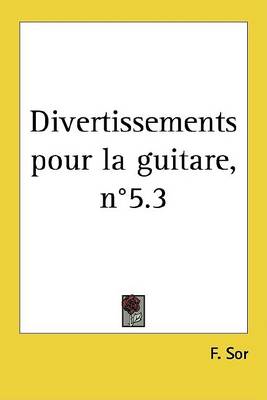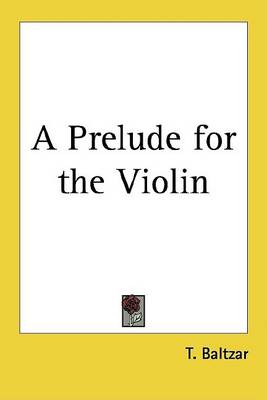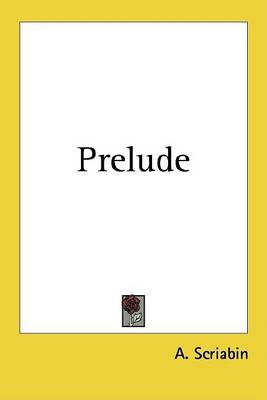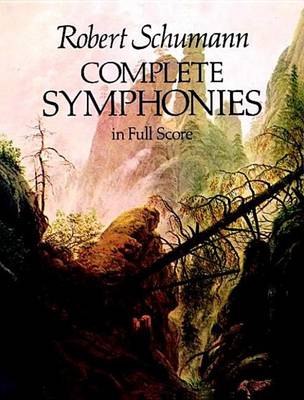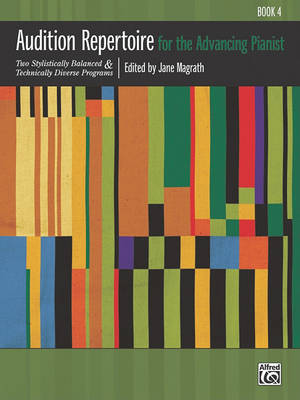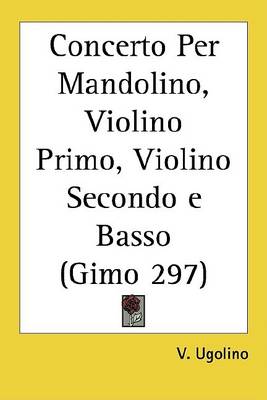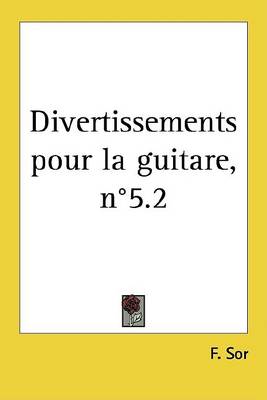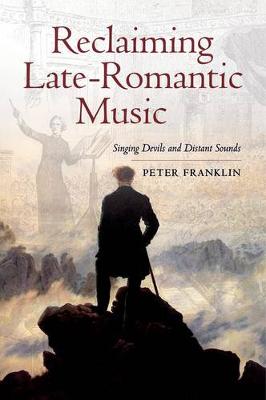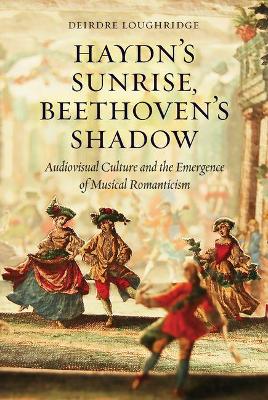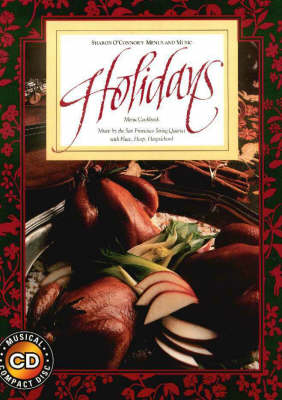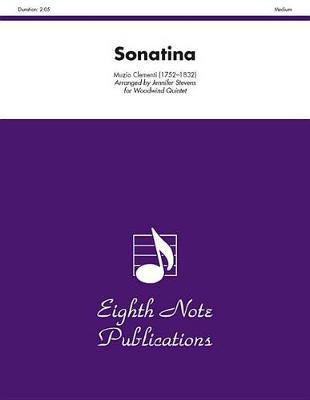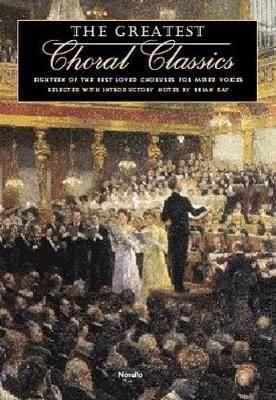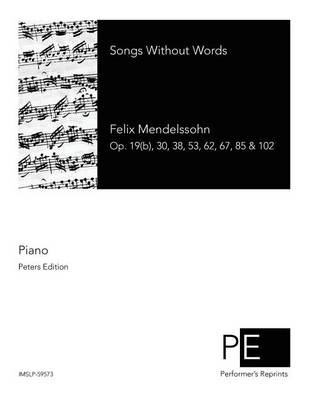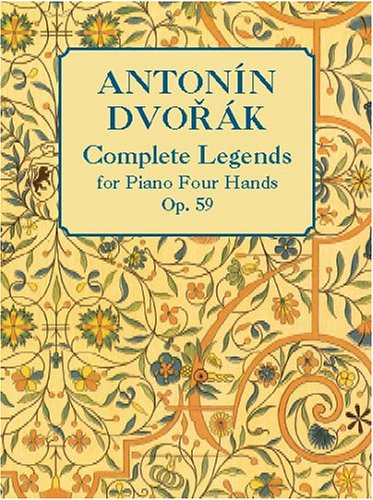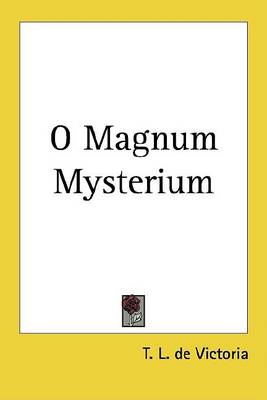The distinguished German conductor Hermann Scherchen, 1891-1966, became a legend in his own time as a supremely knowledgeable, inspiring, and uncompromising advocate of the most demanding orchestral repertoire. The founder of the Berlin Society of New Music, he was an ardent champion of twentieth-century music, especially that of Schoenberg, with whom he worked, and of Webern. He settled in Switzerland in 1933 and was for six years the conductor of the Zurich Radio Orchestra. His classic handboo...
Audition Repertoire for the Advancing Pianist BK 4 (Audition Repertoire for the Advancing Pianist, BK 4)
Concerto Per Mandolino, Violino Primo, Violino Secondo E Basso (Gimo 297)
Reclaiming Late-Romantic Music (Ernest Bloch Lectures, #14)
by Peter Franklin
Why are some of the most beloved and frequently performed works of the late-romantic period--Mahler, Delius, Debussy, Sibelius, Puccini--regarded by many critics as perhaps not quite of the first rank? Why has modernist discourse continued to brand these works as overly sentimental and emotionally self-indulgent? Peter Franklin takes a close and even-handed look at how and why late-romantic symphonies and operas steered a complex course between modernism and mass culture in the period leading up...
The years between roughly 1760 and 1810, a period stretching from the rise of Joseph Haydn's career to the height of Ludwig van Beethoven's, are often viewed as a golden age for musical culture, when audiences started to revel in the sounds of the concert hall. But the latter half of the eighteenth century also saw proliferating optical technologies-including magnifying instruments, magic lanterns, peepshows, and shadow-plays-that offered new performance tools, fostered musical innovation, and s...
Holidays (Sharon O'Connor's Menus and Music, Vol III)
by Sharon O'Connor
The symphony retained its primacy as the most prestigious large-scale orchestral form throughout the first half of the twentieth century, particularly in Britain, Russia and the United States. Likewise, Australian composers produced a steady stream of symphonies throughout the period from Federation (1901) through to the end of the 1950s. Stylistically, these works ranged from essays in late nineteenth-century romanticism, twentieth-century nationalism, neo-classicism and near-atonality. Austral...

